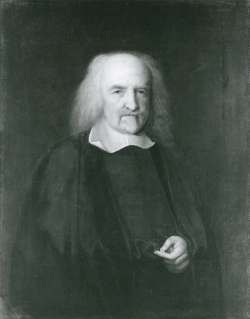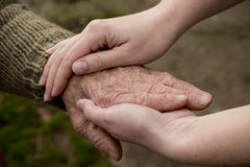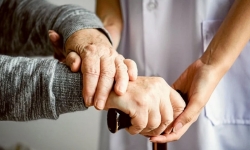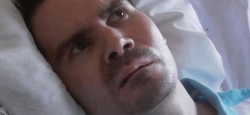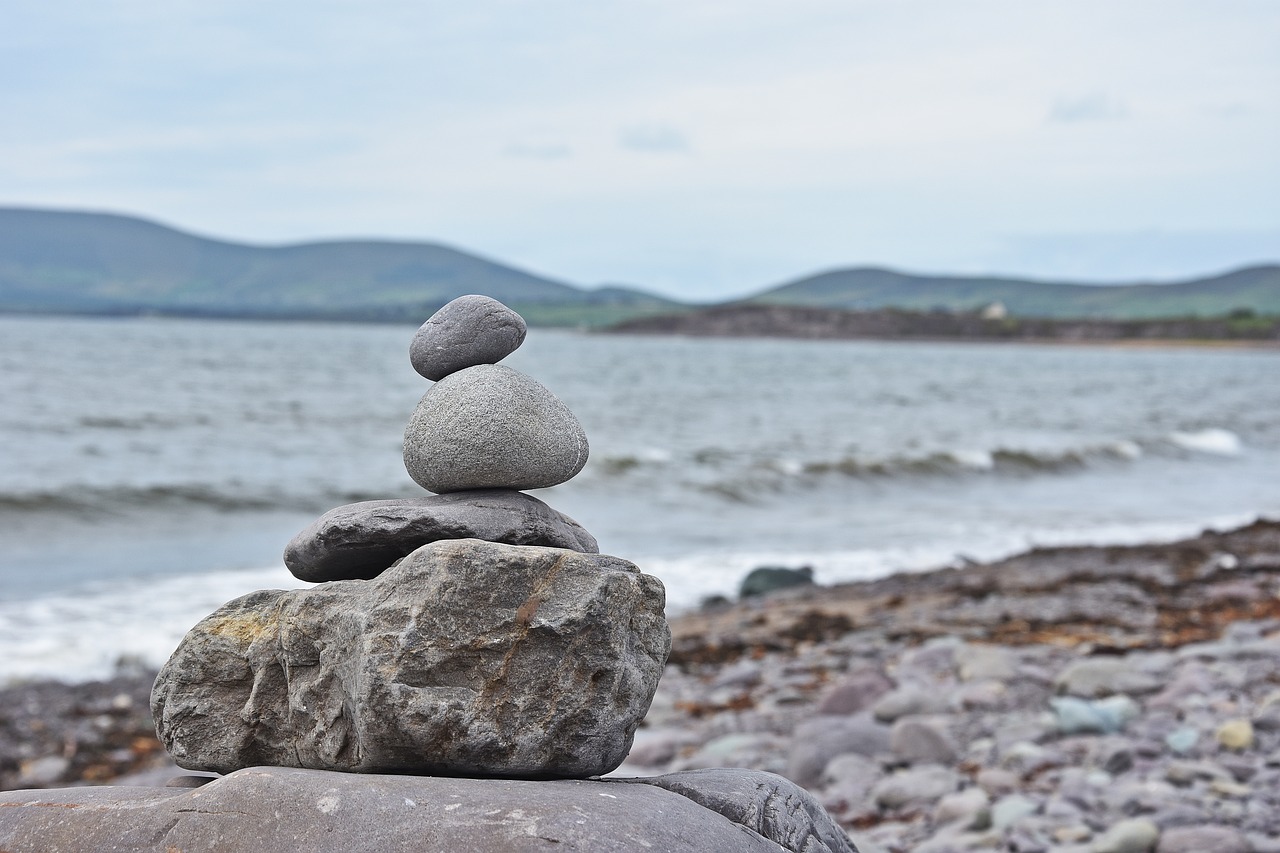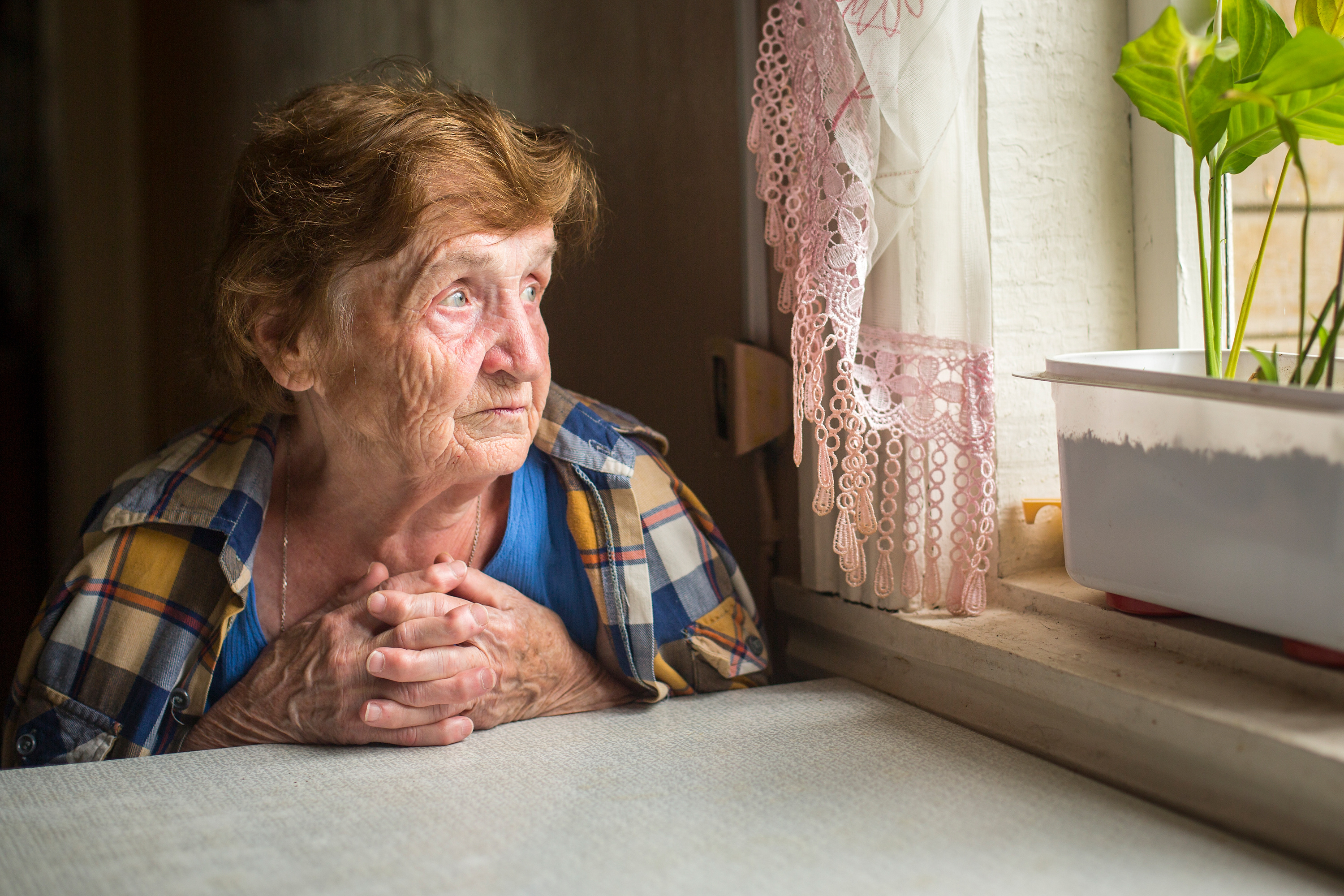The NSW Parliament considers granting a right to assisted dying. To the old and infirm. We are killing them off already.
Australian Parliaments Abrogate Their First Duty as Governments
Written by Fr John FlemingThe first and principal duty of government is to protect the nation's citizenry. Political philosophers back as far as Thomas Hobbes have understood this. When governments embrace the culture of death, epitomised by abortion and euthanasia, they abrogate their most basic responsibility. Worse, they abandon the most vulnerable in society. No amount of post-modernist sophistry will ever change this.
Expanding the Killing Fields to South Australia
Written by Fr John FlemingA wave of anti-life legislation has been sweeping across the states and territories of Australia. South Australia, fresh from its political assault on the unborn, and perhaps further emboldened by it, is now setting its sights, again, on the frail aged. Based on dodgy poll findings. As is now the norm, the Liberal Party cannot be relied upon to protect life.
Killing the Old to Save Them: a Policy Betrayal
Written by Paul CollitsThe Covid episode has brought forth many ironies. One relates to the way we (don't) look after our aged, especially the frail aged. Many governments have implemented a euthanasia regime, yet pretend to care now for the health of the aged. But governments have actually abandoned the aged for whom they claim to care in their efforts to place the rest of us under house arrest. No dignity - anywhere. It is almost a soft euthanasia program by another name.
Assisted Suicide Laws Expose our Leaders’ Double Standards
Written by Kathy ClubbThe Government's response to Covid 19, whatever one thinks of the wisdom of lockdowns and so on, has been laced with hypocrisy. One glaring double standard has been the sudden conversion of governments to apparent concern for the health of the elderly and weak in an age of euthanasia on demand.
French authorities have ignored the UN Disability Committee and have euthanised a French man. Starting more than a week ago, and culminating on Wednesday with his death, doctors decided deliberately to kill Vincent Lambert.
This testimony was written in 2015 by my friend Natalie, and describes her experience with terminal cancer. While so many these days are encouraged to end their lives for the flimsiest of reasons, Natalie’s story shows that life can always be meaningful, even when there is suffering involved. This weekend marks an important anniversary for me. It is the ninth anniversary of my diagnosis of terminal lung cancer. I had been sick for several months, with severe back pain and a bad dry cough and vomiting, but many trips to the doctor had failed to provide an explanation. Finally it got to the point where I could barely walk from my pharmacy to the car park.
If it looks like a duck and it quacks, then . . . On the same day that the Victorian Legislative Council Select Committee Inquiry into end of life choices report was released, the Prime Minister foreshadowed a new inquiry into suicide and its prevention. That evening, the ABC ‘Drive’ program ran the two news items consecutively. Whether this arrangement reflected an initiative of a program arranger or was completely fortuitous, is not known but the grouping of the two items failed to elicit any comment from the usually chirpy presenter ‘PK’. Nor were any text messages from listeners received by the ABC (or at least none were aired). Perhaps this was an early indication of a general failure to recognise that the term ‘assisted dying’ had a very well established currency overseas as a polite substitute for assisted suicide and/or euthanasia. It certainly represented an emphatic acknowledgement of the success of the Select Committee in quarantining the S word from polite conversation.
Paul Russell, founder and director of the Australian organisation HOPE: No Euthanasia, gives his opinion of the flawed Victorian 'Assisted Suicide Panel.'
Not Safe, Never Safe
An expert panel has recently been formed in Victoria at the request of the Premier, Daniel Andrews, tasked with creating 'safe' assisted suicide laws. Even though the earlier Parliamentary Committee on end-of-life issues never actually made a reasoned case for euthanasia and assisted suicide, they still recommended that the government look to create such a law and the Premier accepted their recommendation last December. It must be a little easier from a political perspective to move forward with such a radical agenda as euthanasia and assisted suicide by being able to simply accept and endorse the recommendations of a report - even a report that did not engage once in trying to resolve the push for euthanasia with the case against. Easier still for the Premier and his government to present a bill that will have the 'five star tick of approval' of a panel tasked with making what is inherently dangerous seem safe. The panel charged with this impossible task will hear the views of Victorians, provide the government with an interim report and then proceed to propose a draft bill in July of this year.
The Victorian Story So Far
Last June, the Legislative Council Legal and Social issues Committee released their report into End of Life Choices. The report recommended legalising assisted dying within a supposedly strict framework. A similar bill, the Death With Dignity bill 2016, was recently defeated in the South Australian parliament, where TWO such bills have been introduced this year alone. (Click here to read more.) The State government, infamous for its Marxist-style agenda to dismantle the fabric of society, has until December 9th to make its response to the report. In light of its track record, there is every reason to think that the Andrews government will introduce a bill to legalise either assisted suicide, or direct euthanasia. Politicians need to hear from the public about the dangers assisted suicide and euthanasia represent to vulnerable people, health professionals and to society at large. I've compiled some resources that will provide you with facts to use in letters to MPs, or personal or online conversations.
The picture above was taken at an anti-euthanasia rally, held outside the office of Victorian Premier Daniel Andrews last week. Right to Life spokesman, Eugene Ahern gave this statement:
Mr Andrews and his government could accept the recommendation for patient killing and introduce a bill to kill patients. Alternatively Mr Andrews and his government could reject patient killing, and focus on patient care, especially palliative care. Killing is never the answer to a human problem. It is the failure to look for an answer. We ask our premier to carefully read the comprehensive Minority Report prepared by Daniel Mulino MP which examines the whole issue an practice of euthanasia in detail and comprehensively rejects the Majority Report’s recommendations. We strongly urge the Premier to not abrogate society’s law against killing and to focus on patient care.
Is it Compassionate to Kill Sick People?
The AMA issued their statement last November, which was the result of a 5-year study into end-of-life care. Although this statement was widely misinterpreted by the mainstream media, when read carefully, it's clear that the majority of Australia's doctors prefer to treat their patients rather than put them to death. From the conclusion:
3.1 The AMA believes that doctors should not be involved in interventions that have as their primary intention the ending of a person’s life. This does not include the discontinuation of treatments that are of no medical benefit to a dying patient.
Instead of focusing on killing patients, there are several areas related to end-of-life issues which need to be promoted and developed further. These include palliative care, pain-control, and the concern sick people often have about feeling like a burden.
- Pro-euthanasia lobbyists exploit the issue of pain to further their cause, when in fact, pain-control is possible with the advent of good medical practices. (Read more here.)
- The approach which takes in a widest range of patient needs is called palliative care, and is a fast-developing facet of medicine/nursing. (Read more here)
- Human beings have an intrinsic need to help and be helped by others. This article explains why it's ok to 'feel like a burden.'
- An oncologist explains his journey from pro-euthanasia to being completely opposed to it in this article.
Think There's No Slippery Slope?
Proponents of euthanasia consistently claim that legislation will be watertight, to protect vulnerable groups from being swept into assisted-suicide or euthanasia scenarios. But equally consistently, these vulnerable groups have ended up becoming targets of the death-dealing medical professionals. For example, it is now possible to find cases of:
- euthanasia for alcoholics
- euthanasia for children
- euthanasia for depression
- euthanasia for those who are 'tired of life' or have 'completed life'
- euthanasia without consent
What About Conscientious Objection?
A worrying aspect of many assisted-dying lobbyists is their unwillingness to cater for medical professionals who have a conscienctious objection to killing their patients. In many parts of the world, there is evidence that medical professionals aren't free to exercise their consciences in regard to ending a patient's life:
Want to Learn More? If you'd like to be better informed about euthanasia and related topics,
- Paul Russell's HOPE website is Australia's foremost resource for end-of-life issues.
- You can click on this link to watch a European-made documentary on the HOPE website.
- The Living with Dignity website has a fantastic, concise list of objections to euthanasia.
- This article was written by a mother who learned the value of suffering when she experienced a terminal illness.



